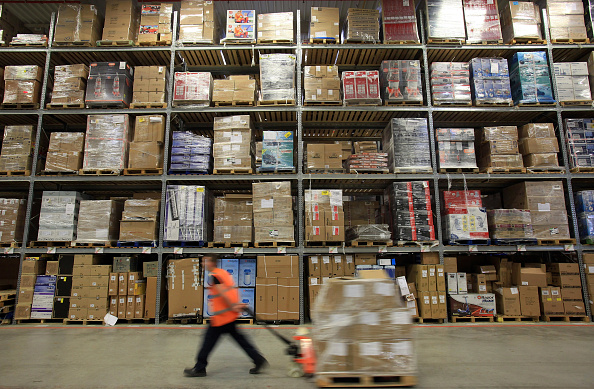London faces logistics space crunch as e-commerce firms take over city

London would run out of available industrial space within five months, should the current take-up rate continue, amid an e-commerce boom.
The capital and the South East are facing running out of industrial and logistics spaces, according to a report published today by London First, in partnership with CBRE.
It comes as the pandemic has given rise to an e-commerce boom with online retailers and food delivery firms thriving.
Prime logistics rents are set to continue soaring over the next five years, CBRE said. Units with less operational restrictions are increasingly in demand, with multi-storey developments and underground schemes anticipated to become more common.
Rapid grocery delivery firms including Getir have announced sweeping UK expansion plans for the years ahead.
The pandemic has also sparked an increase in ‘dark kitchens’ for food delivery services.
Richard Smart, managing director of London, CBRE said: “London continues to hold its allure for occupiers, which has been reflected in the strong uptick in the leasing market at the end of Q4 2021.”
According to Smart, “pressure remains on the property sector to take action,” as well as to “actively decarbonise” spaces.
There is short supply of ready-to-occupy units, with just 1.8 per cent of total stock in London and the South East available for rent. This is compared to 6.2 per cent availability in 2019, before the pandemic hit and e-commerce businesses skyrocketed.
In contrast to logistics, office space has marked subdued demand compared to pre pandemic levels.
Central London commercial rents declined across 2020 but high quality spaces began to see a recovery in 2021.
Demand for large office spaces continues to be robust, with transactions over 50,000 sq ft making up 38 per cent of the total take-up in 2021. Nearly three-quarters of those were within newly completed buildings or deals for pre-let space.
Businesses are on the hunt for spaces that make it easier to transition to hybrid working as well as spaces that prioritise employee wellbeing, CBRE’s research also concluded.